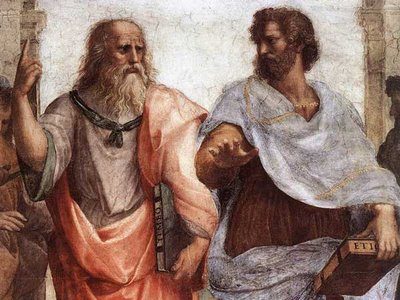 The eclogue is a poetic composition, belonging to the subgenre of lyrical poetry that is usually presented in the form of dialogue, as if it were a very small theatrical piece that consists of only one act.
The eclogue is a poetic composition, belonging to the subgenre of lyrical poetry that is usually presented in the form of dialogue, as if it were a very small theatrical piece that consists of only one act.
Traditionally, the interpreters are two shepherds who talk about life in the country, their loves or simply the issues that life there brings. The context, then, almost always turns out to be the field of paradisiacal appearance, so it is extracted from the comments, and in which, in addition, the music turns out to have a great role.
Although the most common form is usually that of dialogue, also, the eclogue can appear as a pastoral monologue, while it will be when it is presented in dialogue format when it achieves less pure forms, transforming into a more dramatic piece. and theatrical.
The eclogue is a composition that has a very long history, it was created back in the 4th century BC and then over the years it received different contributions that obviously triggered the improvement that we find today of it in different works.
At the time of the Roman Empire and even during the Renaissance, the eclogue was one of the most represented poetic compositions.
There are really many authors who have stood out writing eclogues, among the most important we can mention: Garcilaso de la Vega, Teócritus, Bosco, Juan Del Encina, Lucas Fernández, Juan Boscán, Pedro Soto de Rojas, Lope de Vega and Juan Meléndez Valdés.









